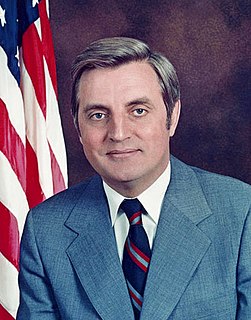A Quote by Ruth Simmons
In fact it is essential that we strengthen efforts to learn from each other, and stop considering public health in the third world and in the U.S. as separate intellectual and practical endeavors.
Related Quotes
My colleagues from the Department of Health Behavior and Health Education are working on participatory public health initiatives in Michigan, and there is much that we can learn from each other. In fact it is essential that we strengthen efforts to learn from each other, and stop considering public health in the third world and in the U.S. as separate intellectual and practical endeavors.
Whatever other children learn in a year, let Bahá’í children learn in a month. The heart of ‘Abdu’l-Bahá longeth, in its love, to find that Bahá’í young people, each and all, are known throughout the world for their intellectual attainments. There is no question but that they will exert all their efforts, their energies, their sense of pride, to acquire the sciences and arts.
Medicine is the science by which we learn the various states of the human body in health and when not in health, and the means by which health is likely to be lost and, when lost, is likely to be restored back to health. In other words, it is the art whereby health is conserved and the art whereby it is restored after being lost. While some divide medicine into a theoretical and a practical [applied] science, others may assume that it is only theoretical because they see it as a pure science. But, in truth, every science has both a theoretical and a practical side.
The intellectual part of religion is a private affair between every man and his Maker, and in which no third party has any right to interfere. The practical part consists in our doing good to each other. But since religion has been made into a trade, the practical part has been made to consist of ceremonies performed by men called priests ... By devices of this kind true religion has been banished, and such means have been found out to extract money, even from the pockets of the poor, instead of contributing to their relief.
The world is not something separate from you and me; the world, society, is the relationship that we establish or seek to establish between each other. So you and I are the problem, and not the world, because the world is the projection of ourselves, and to understand the world we must understand ourselves. That world is not separate from us; we are the world, and our problems are the world's problems.
Since 1975, violence has been recognized as a public health problem, in large part to former Surgeon Generals Dr. Koop and Dr. Satcher's pioneering efforts to make the health approach a national priority. Since then, we've seen that violence can be curbed - and stopped - if we treat it as we would any other epidemic health concern.


































